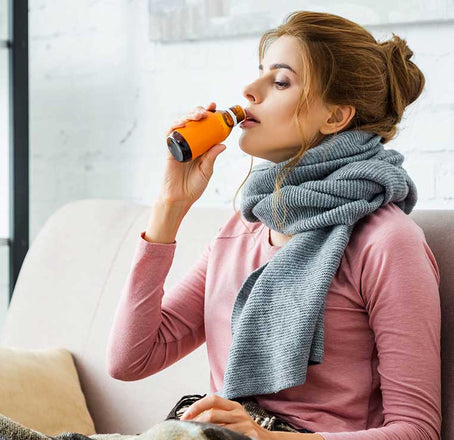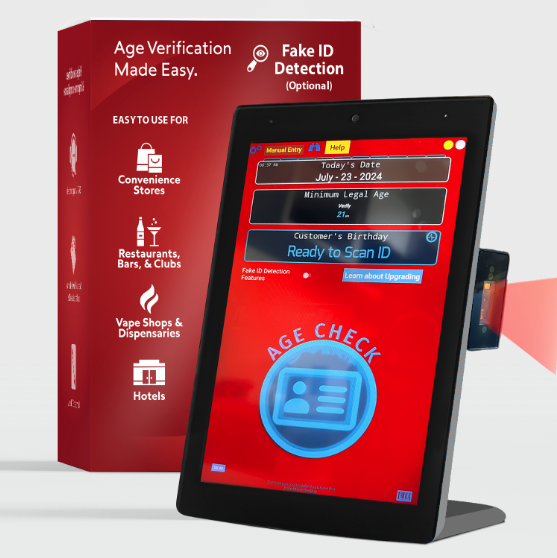Prevent DXM Overdose

DXM misuse is a large issue with serious health implications for underage buyers.
Protect minors and your business with an easy to implement age verification solution at your point of sale—perfect for pharmacies of other entities that don't normally deal with age restricted purchases of over-the-counter items. The learning curve is very fast, with intuitive operations and less than 3 minutes of training needed.



